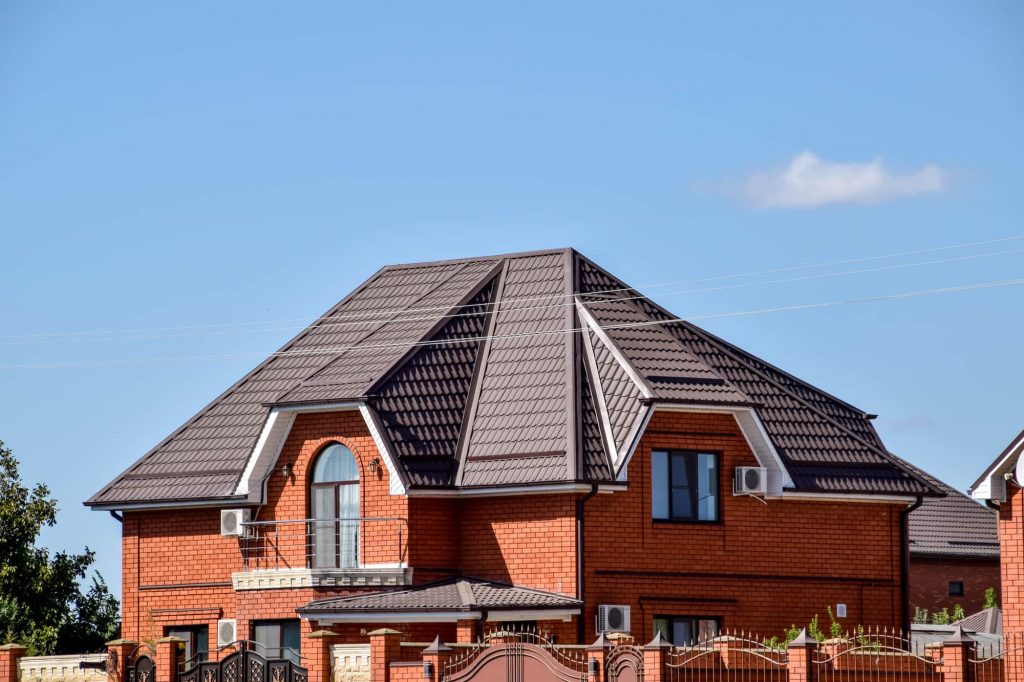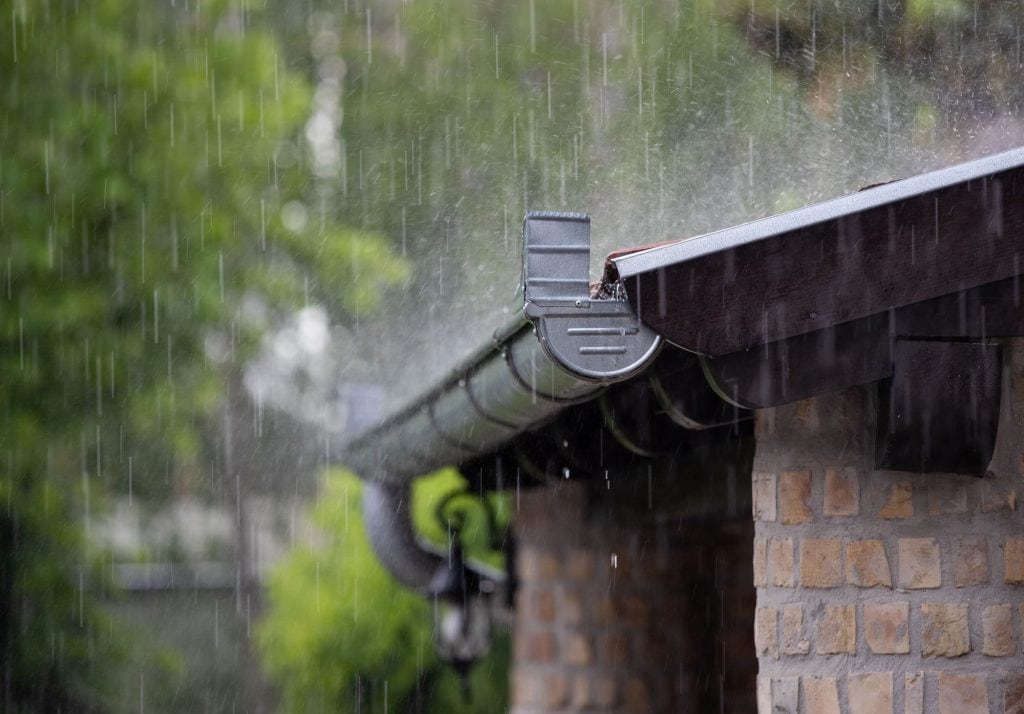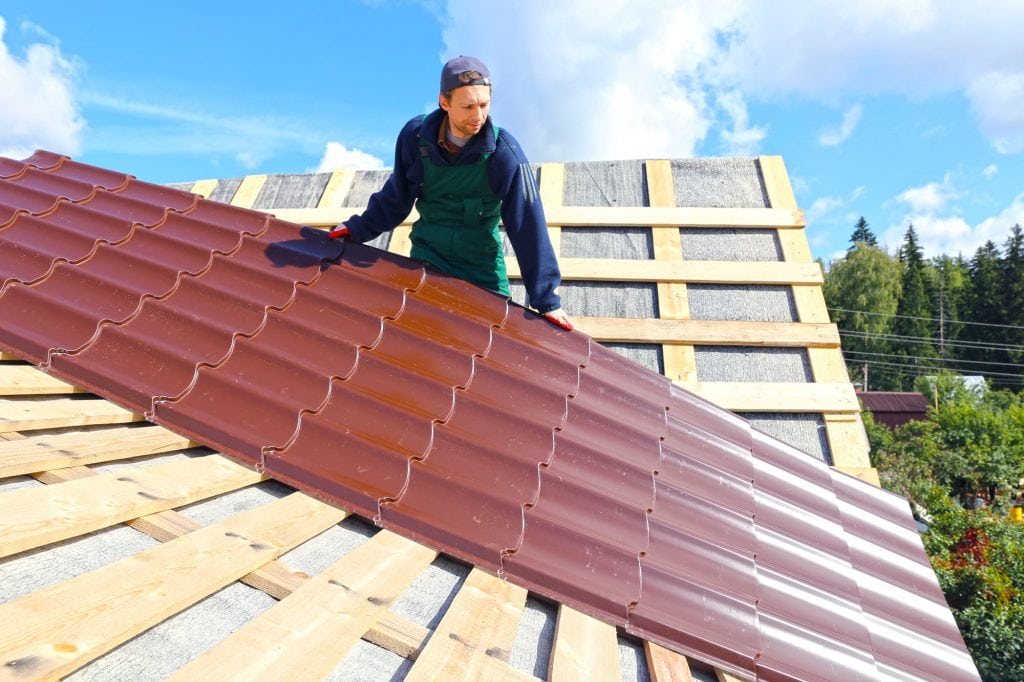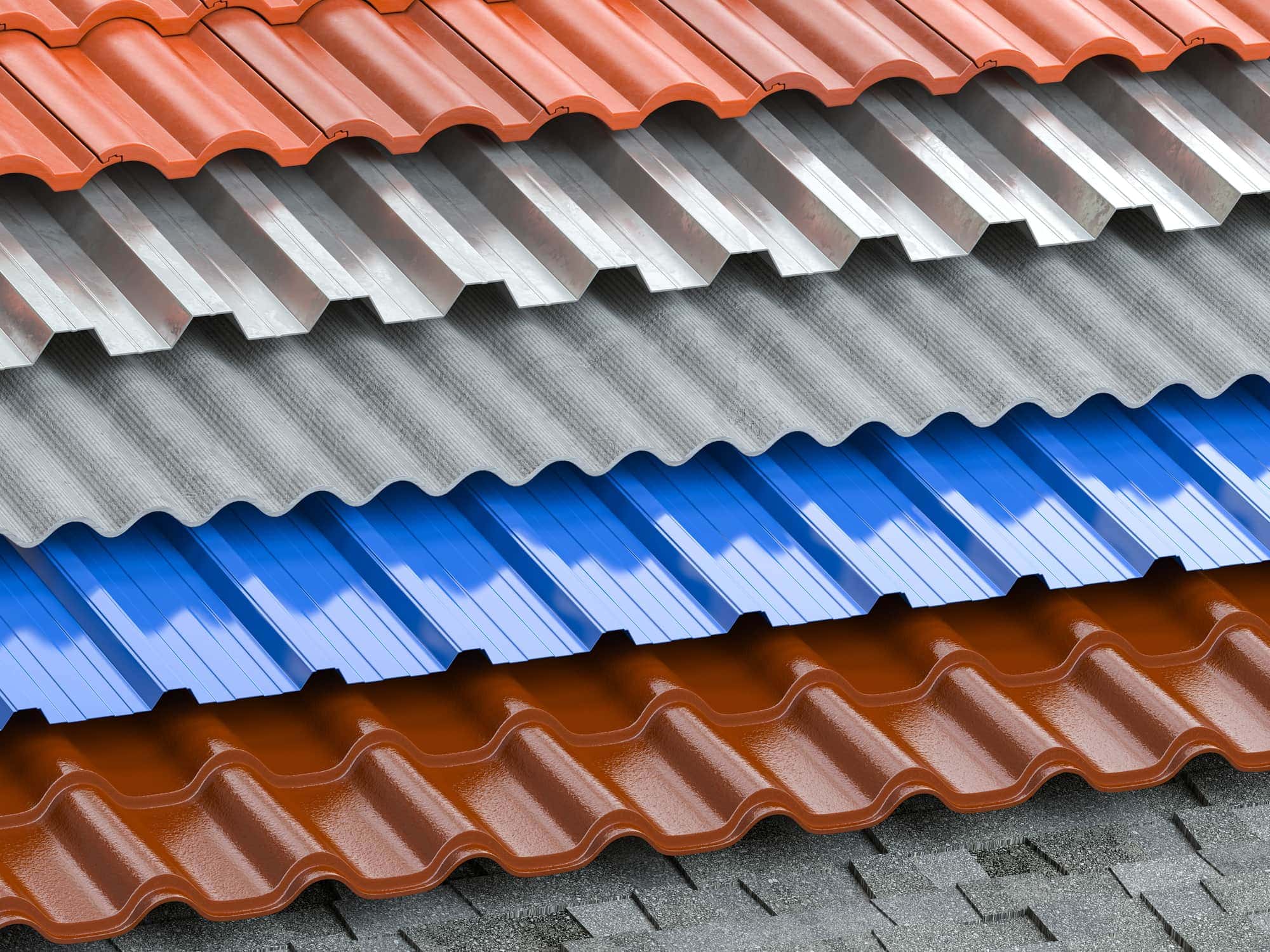Purchasing a new home is an exciting journey. If that home features a metal roof, understanding its specifics is crucial. Metal roofing offers benefits, especially solar panels, as they can significantly reduce energy bills.
The cost of a metal roof can vary, with different price ranges compared to traditional materials like asphalt shingles. For more information on roofing options and insights, consider reaching out to a local eXp real estate agent for help. For now, keep reading to discover all you’ll need to know about metal roofing.
Buying a Home With Metal Roofing
Understanding metal roofing systems is vital when considering a new home. The Metal Roof Cost varies based on materials like galvanized steel, aluminum, or copper, often contrasting with the average cost of asphalt roofs. Apart from the material, style is crucial; vertical panels and high-quality metal roof structures are popular choices in residential applications.
These choices impact not only aesthetics but also energy efficiency. Proper installation ensures that even factors like roof square footage and pitch contribute to optimum water runoff, positioning metal over traditional asphalt shingle roofs in both durability and efficiency.
When examining the type of metal roof your new home possesses, it’s also essential to consider the shape and style of the metal panels. These roof types ‘ architectural styles and functionality can vary from vertical and standing seam panels to steel shingles and corrugated metal roofs.
Common Types of Metal Roofing Materials
When it comes to metal roofing, there are various materials to choose from, each with unique benefits.

Galvanized Steel
Galvanized steel is one of the most popular metal roof types. It’s known for its exceptional durability and resistance to corrosion. This type of steel undergoes a chemical process that coats it with a layer of zinc, giving it added protection against harsh weather conditions.
Aluminum
Another common type of metal used in roofing is aluminum. It’s lightweight, corrosion-resistant, and highly sustainable, as it can be recycled. Aluminum roofs can be a good choice for homes in coastal areas due to their resistance to salt corrosion.
Stainless Steel
While more expensive than galvanized steel or aluminum, stainless steel is highly corrosion-resistant and rust-resistant. Stainless steel roofs often have a protective coating applied to maintain their sheen and reduce the appearance of aging.
Copper
Known for its aesthetic appeal, copper roofing changes color over time, creating a beautiful patina. Copper is a premium roofing material and is more costly than other types of metal roofing. However, it’s also the most durable, with a lifespan exceeding 100 years.
Zinc
This is a less common but highly effective roofing material. Zinc roofs are malleable, making them easy to shape into desired forms. They also can self-heal from scratches over time due to a protective layer that regrows itself in moisture.
These metal roofing materials can be fashioned into panels like standing seam panels, corrugated metal roofs, or metal shingles.
Advantages of Metal Roofing
Metal roofing provides numerous benefits, the most notable of which are durability, energy efficiency, and weather resistance.

Durability and Longevity
One primary advantage of metal roofs, including metal shingle roofs and aluminum roofing, is their impressive durability. With the proper care and utilizing the best metal roof materials, such as McElroy Metal, a roof can last 50 years or more, outlasting traditional asphalt roofing and shingle roof setups.
Energy Efficiency
Metal roofs, especially seam roofing and Tin roofs, have an innate energy-efficient ability to reflect sunlight off the roof surface, reducing heat absorption. This makes them an excellent choice for energy efficiency, helping to keep homes cooler in summer and reducing energy costs. Some metal roofing materials even have Energy Star ratings for their superior efficiency.
Weather Resistance
The metal roof type’s durability, hidden fasteners, and synthetic underlayment ensure they withstand extreme weather conditions. From heavy rain and hail to high winds, metal roofs are an excellent option to avoid frequent roof replacement. Their resistance to fire also makes them a preferred choice in fire-prone areas, and the Roof Over Shingles technique can further enhance this resilience.
Minimal Maintenance
Maintenance for metal roofs is relatively minimal, especially when compared to asphalt roofing. Regular inspections, occasional cleaning using mineral spirits, and ensuring the fastener heads are secure with metal roofing screws generally suffice. Additionally, the wide range in metal roofing prices, influenced by factors like roof size and commercial applications, ensures options for various budgets.
Potential Challenges of Metal Roofing
Despite the numerous benefits of metal roofing, it’s essential to be aware of some potential challenges.

Noise Factor
During heavy rain or hail, metal roof panels, including seam metal roofs and corrugated metal panels, can be noisy per square foot. This can be reduced with proper underlayment during the metal roof installation process.
Denting
Metal sheets, especially those used in Copper roofs, can be susceptible to denting from hailstones or fallen branches. However, many types of metal roofs, particularly the seam roof variants, are built to resist denting.
Installation
Correct metal roof installation is paramount whether you’re working with fastener panels, seam roofs, or any other metal roofing product. Errors can lead to leaks or misaligned metal roofing panels, so always engage a reputable installer.
Insulation
Proper insulation under the entire roof is essential to maximize the energy-saving benefits and reduce energy costs in residential and commercial buildings. This ensures heat retention during winter and extraordinary air retention during summer.
Cost
Cost of metal roofing encompasses a wide range due to the variety of metal roofs available, from seam roofs and Corrugated Metal Roofing to premium Copper roofs. While metal roofing costs are generally higher than asphalt and flat roofs, the long-term benefits and return on investment make it a favorable option.
Maintenance and Care for Metal Roofs
Proper maintenance of your metal roof can extend its lifespan and maintain its appearance.
Cleaning: Use a garden hose to gently wash off dirt and debris from your roof. A solution of water and mild detergent can be used for more stubborn stains. Avoid using abrasive cleaners or scrubbing tools that might damage the roof’s surface.
Inspections: Regular inspections are crucial for spotting any potential issues early. Look for signs of corrosion, loose fasteners, or other damage. If you notice anything unusual, contact a roofing professional for a more thorough inspection.
Preventive Measures: Trim back any tree branches that might fall on the roof during a storm. Also, clean your gutters regularly to prevent water from backing up and causing damage.
Key Takeaways
Buying a home with a metal roof has many benefits, such as durability, energy efficiency, and minimal maintenance. Regular maintenance and care can ensure the longevity and performance of your metal roof.
If you’re searching for properties with metal roofs or need more advice on maintaining a metal roof, don’t hesitate to contact a local eXp agent. They can provide valuable insights and help you decide about your roofing needs.
Frequently Asked Questions about Metal Roofing
We’ve addressed some of the most common queries about metal roofing below.
What is cheaper: metal roofing or shingles?
The initial installation cost of a metal roof tends to be higher than that of asphalt shingles. However, considering a metal roof’s longevity and minimal maintenance requirements, it is often more cost-effective in the long run.
Can you put a metal roof over the shingles?
Yes, in some cases, installing a metal roof over existing shingles is possible. However, local building codes and the condition of your current roof can impact this decision. Always consult with a professional roofing contractor before proceeding.
Why are metal roofs so expensive?
Metal roofs are more expensive due to their durability, longevity, and energy efficiency. The material and installation costs can be higher than traditional roofing materials, but these costs can be offset by the roof’s long lifespan and energy savings.
Does having a metal roof lower your insurance?
Some insurance companies may offer homeowners metal roof discounts due to their resistance to fire, wind, hail, and other extreme weather conditions. It’s best to check with your insurance provider for specifics.
What are the two biggest concerns with a metal roof?
Noise during rain or hail storms and potential denting are two of the biggest concerns with metal roofs. However, proper insulation can mitigate noise, and many modern metal roofs are designed to resist denting.
Are metal roofs loud when it rains?
A metal roof can be noisy during a rainstorm without proper insulation and underlayment. However, the noise can be significantly reduced with appropriate installation and insulation.
Do metal roofs attract lightning?
Despite a common misconception, metal roofs do not increase the likelihood of a lightning strike. Metal roofs can be safer during a lightning storm as they are non-combustible.
Do I need to remove old shingles before installing a metal roof?
While installing a metal roof over existing shingles in some cases is possible, it’s often best to remove the old shingles first. This allows for a thorough inspection of the roof deck and an opportunity to repair any existing damage.
Does a metal roof decrease home value?
On the contrary, a metal roof can increase a home’s value due to its durability, energy efficiency, and low maintenance requirements. However, aesthetic preferences can vary by region and individual buyers.
Does a metal roof interfere with WIFI?
A metal roof should not interfere with Wi-Fi signals in most cases. However, if you experience connectivity issues, it’s advisable to place your router near a window or use a Wi-Fi extender.
How long does a metal roof last?
With proper maintenance, a metal roof can last 40-70 years, significantly longer than traditional asphalt shingle roofs, which typically last 20-25 years. The exact lifespan will depend on factors such as the type of metal used and the local climate.





